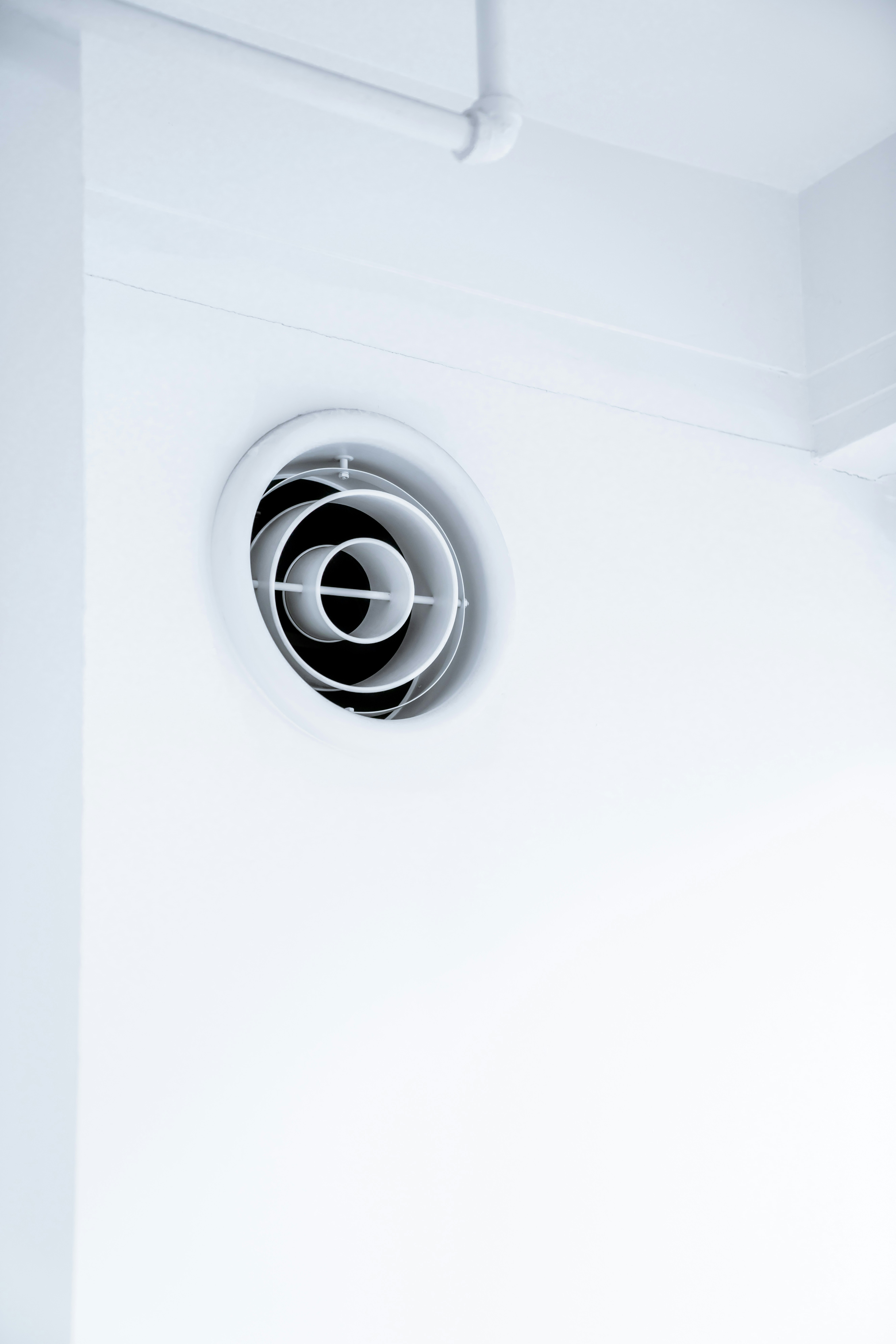As you embark on the journey to enhance the comfort of your living space, selecting the right high wall heat pump is a pivotal decision that promises year-round satisfaction. High wall heat pumps, a staple for space conservation and climate control in New Zealand homes, bring forth a blend of efficiency and convenience. Choose from an array of premium brands like Mitsubishi, Daikin, Panasonic, and Fujitsu, each offering diverse capacities tailored to fit the unique dimensions of your room. With the ease of remote control operation, setting the perfect temperature becomes as simple as a button press. Plus, with FAS Energy’s expertise in installation, a 5-year guarantee, and dedicated maintenance services, you can rest assured that your investment is both secure and adeptly managed for peak performance. Embrace the seamless integration of comfort and practicality into your home with the ideal high wall heat pump.

Understanding High Wall Heat Pumps
Definition and Basic Operation
High wall heat pumps are a modern convenience that might just be the perfect addition to your home. They are mounted high on a wall and are designed to quietly and efficiently adjust the temperature within your room. So how do they work? In essence, they transfer heat from outside your home to the inside (or vice versa, to cool your home) through a process involving refrigerant, compressors, and coils. Operable by a handy remote control, these pumps allow for a seamless control of your environment with just the touch of a button.
Advantages of High Wall Heat Pumps
You’re likely seeking a heat pump for its benefits, and high wall models don’t disappoint. Their advantages include saving floor space since they’re mounted off the ground, and they can keep your home comfortable through all seasons—cooling during summer and providing warmth in winter. Plus, the high placement can contribute to better air distribution across the room.
Common Uses in Residential Settings
In your home, high wall heat pumps are ideal for climate control in individual rooms or specific living spaces. They are particularly great for areas where extending ductwork is either impractical or too invasive.
Types of High Wall Heat Pumps
Single-Room vs. Multi-Room Systems
When you’re considering a high wall heat pump, you’ll need to decide whether a single-room system or a multi-room system suits your needs better. Single-room systems are tailored for one specific area, while multi-room systems can control the temperature in multiple rooms, often through a series of connected indoor units.
Inverter Technology in High Wall Heat Pumps
Moreover, many modern high wall heat pumps come with inverter technology. This allows the pump to adjust its output to maintain the desired temperature, which means more efficient energy use and consistent indoor comfort.
Major Brands and Models
When it comes to choosing a high wall heat pump, several reputable brands such as Mitsubishi, Daikin, Panasonic, and Fujitsu stand out. Each offers products in various capacities, ensuring there’s a unit that’s just right for your room’s size.
Assessing Your Heating and Cooling Needs
Evaluating Room Size and Layout
To start off, you’ll need to consider the size and layout of the room where your heat pump will be installed. Different models are designed for different room sizes, so it’s crucial to choose one that aligns with the space you’re looking to condition.
Climate Considerations
The climate you live in will also play a significant role in your choice of heat pump. A model that works well in moderate climates might not be suitable in extremely cold or hot regions.
Energy Consumption and Efficiency Ratings
You’re wise to look into energy consumption and efficiency ratings like SEER (Seasonal Energy Efficiency Ratio) and HSPF (Heating Seasonal Performance Factor). These can give you an estimate of a heat pump’s efficiency, which translates to your potential energy savings over time.
Installation Considerations
Choosing the Right Location for Installation
Identifying the right spot is crucial for your heat pump’s optimal performance. It should be somewhere high enough to distribute air evenly but also where airflow isn’t obstructed by furniture or other obstacles.
Professional Installation vs. DIY
While you might be tempted to install it yourself, consider a professional installation unless you’re experienced with HVAC systems. An expert will ensure it’s done correctly, avoiding potential issues down the line.
Potential Installation Challenges and Solutions
Installation challenges could include electrical upgrades or structurally accommodating the unit. A professional technician can provide solutions for these challenges, ensuring everything is up to code and safe.

Features and Settings
Remote Control and Programmable Settings
With the convenience of a remote, you can relax anywhere in your room and still maintain control. Programmable settings also mean that you can set your preferences for different times of the day or week.
Advanced Features for Enhanced Comfort
Some heat pumps offer advanced features like humidity control and air purification, providing not just temperature control but overall better air quality in your home.
Noise Levels and Aesthetics
Nobody wants a loud appliance disrupting their peace, so check the noise levels of the units you’re considering. They should also blend well with your home’s interior design for a seamless look.
Cost Factors
Initial Purchase Price vs. Long-Term Savings
An important thing to consider is the balance between the upfront cost and the potential long-term savings on energy bills. Efficient models might cost more initially but could save you money in the long haul.
Running Costs and Energy Efficiency
Consider the relationship between running costs and the energy efficiency of different heat pump models. A more efficient unit could mean lower monthly bills, which is definitely a win for you.
Available Rebates and Incentives
Check for any rebates or incentives available in your area for installing energy-efficient heat pumps. This could significantly reduce the initial financial outlay.

Maintenance and Servicing
The Importance of Regular Maintenance
To keep your heat pump running optimally, regular maintenance is key. This means scheduling service visits and staying on top of needed repairs.
Common Maintenance Tasks
These tasks include cleaning filters, checking refrigerant levels, and ensuring that the coils and fans are free from debris. Neglect can lead to reduced efficiency or even potential system failure.
Troubleshooting and When to Call Professionals
While some troubleshooting can be managed yourself, like ensuring the filters are clean, for more complex issues, it’s best to call in the professionals to avoid causing further damage.
Enhancing Your Heat Pump’s Performance
Zone Control and Smart Thermostats
You can boost your heat pump’s performance and efficiency by using zone control and smart thermostats. They offer precise control over different areas of your home, ensuring comfort exactly where and when you need it.
Wifi Heat Pump Control
Wifi control adds a layer of convenience, letting you manage your heat pump settings remotely, perfect for those sudden weather changes while you’re away from home.
Optimizing Air Flow and Room Insulation
To maximize your heat pump’s performance, ensure good airflow and proper room insulation. This helps keep the conditioned air where it should be, enhancing overall efficiency.
Brand and Product Comparisons
Mitsubishi, Daikin, Panasonic, Fujitsu Comparisons
These brands offer different models with varying features and price points. It’s worth comparing them to find the one that best suits your individual needs.
Consumer Reviews and Testimonials
Checking consumer reviews and testimonials provides real-world insight into the reliability and performance of different heat pumps.
Warranty and Support Services
It’s wise to pay attention to the warranty and support services offered by manufacturers. A comprehensive warranty can save you from unforeseen costs associated with repairs or defects.
Final Checklist Before Purchase
Confirming Capacity and Features
Before you make your purchase, confirm that the heat pump’s capacity matches your space and that it has all the features you need for your comfort and convenience.
Verifying Installation Details
Make sure you are aware of what the installation process entails and that it’s been accounted for, be it a professional installation or a well-planned DIY project.
Ensuring Clarity on Warranty and Guarantees
Lastly, ensure you fully understand the warranty and guarantees, because peace of mind is worth its weight in gold when it comes to your home’s comfort systems.
In conclusion, you’re now armed with the knowledge you need to make an informed decision on high wall heat pumps. Whether for cozy winters, chilled summers, or all-round air quality control in your home, your ideal heat pump is out there, ready to create the perfect climate for you and your family.

